In October of 2023, a man named Dennis Brown died after drinking 3 of Panera’s charged lemonades. The internet is now buzzing about this “lemonade that kills.”
His family has filed a wrongful death lawsuit against the corporation. This is now the second person dead from drinking charged lemonade (and the second lawsuit). The first was a 21-year-old woman named Sarah Katz, who passed away in September 2022. Let’s take a look at the drink and the lawsuits.
What is Charged Lemonade?
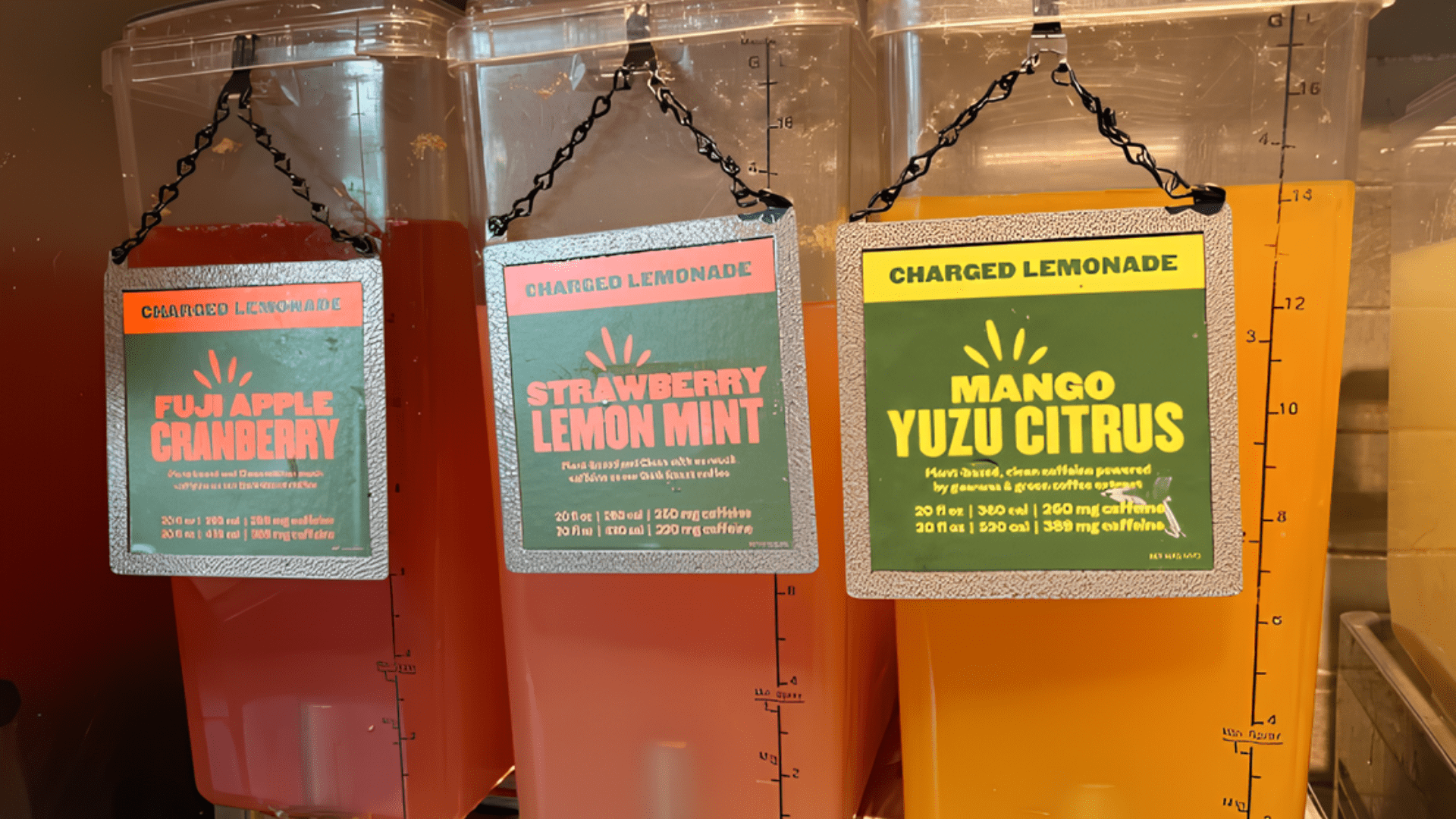
Charged lemonade was released to the public in April 2022. Early ads by Panera touted the beverage as “a force of nature” that contains “a boost of plant-based caffeine from guarana and green coffee extract.”
The drink is available in 4 flavors: Fuji Apple Cranberry, Blood Orange, Strawberry Lemon Mint, and Mango Yuzu Citrus. It contains 260mg of caffeine in a 20-ounce serving and 390mg in a 30-ounce serving. That’s a lot of caffeine. But how does it compare to other caffeinated drinks?
How Much Caffeine is in Charged Lemonade?
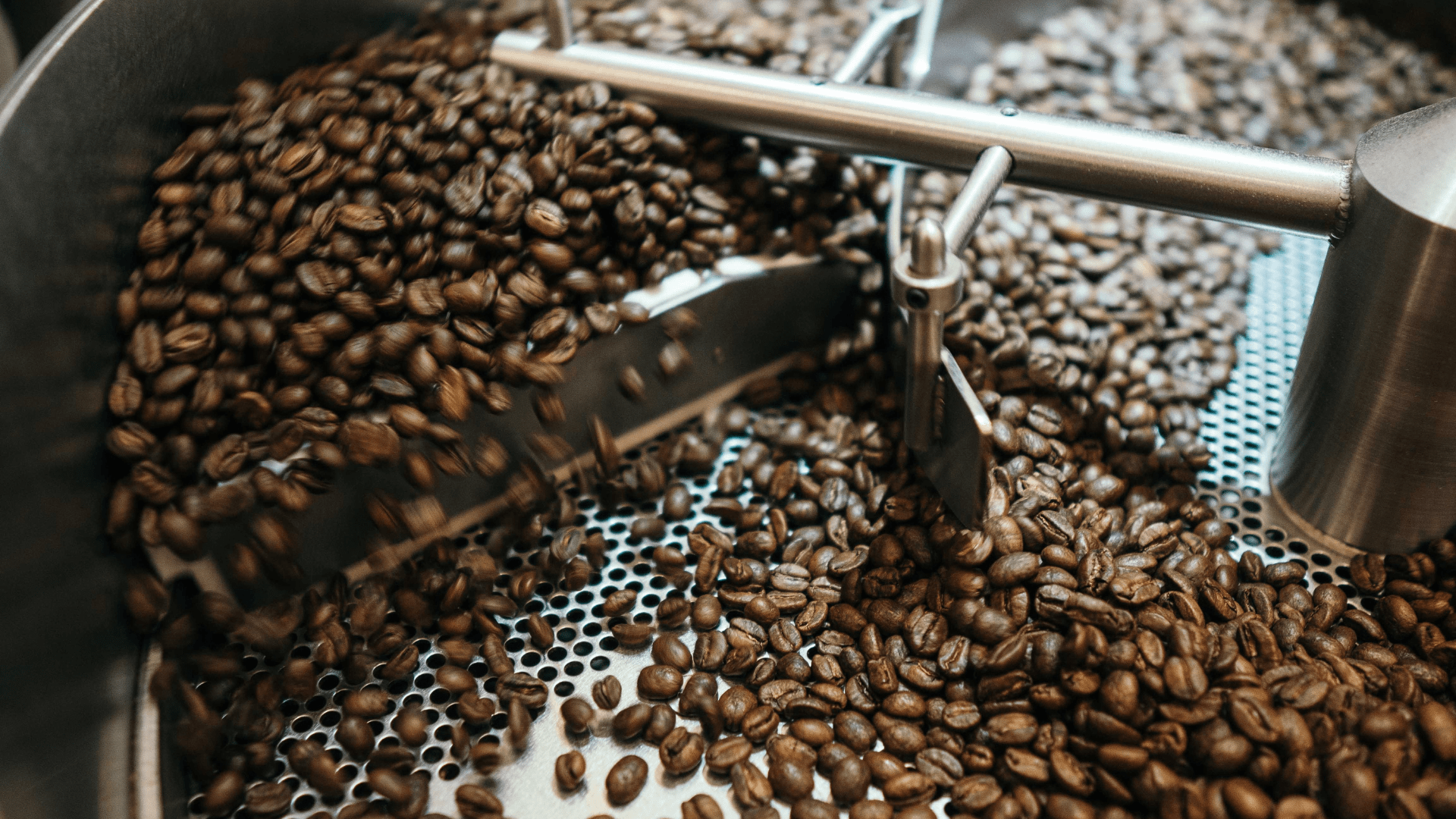
If this nightmare lemonade is powerful enough to put down young women for good, what does the caffeine content look like?
Panera sells a 20-ounce light roast coffee that contains 384 mg of caffeine, giving a considerably greater jolt than a 20-ounce serving of charged lemonade. Compare that with Starbucks’ 20-ounce light roast clocking in at 475 mg of caffeine–a far greater amount than even the 30-ounce serving of charged lemonade.
Is Charged Lemonade Actually Dangerous?
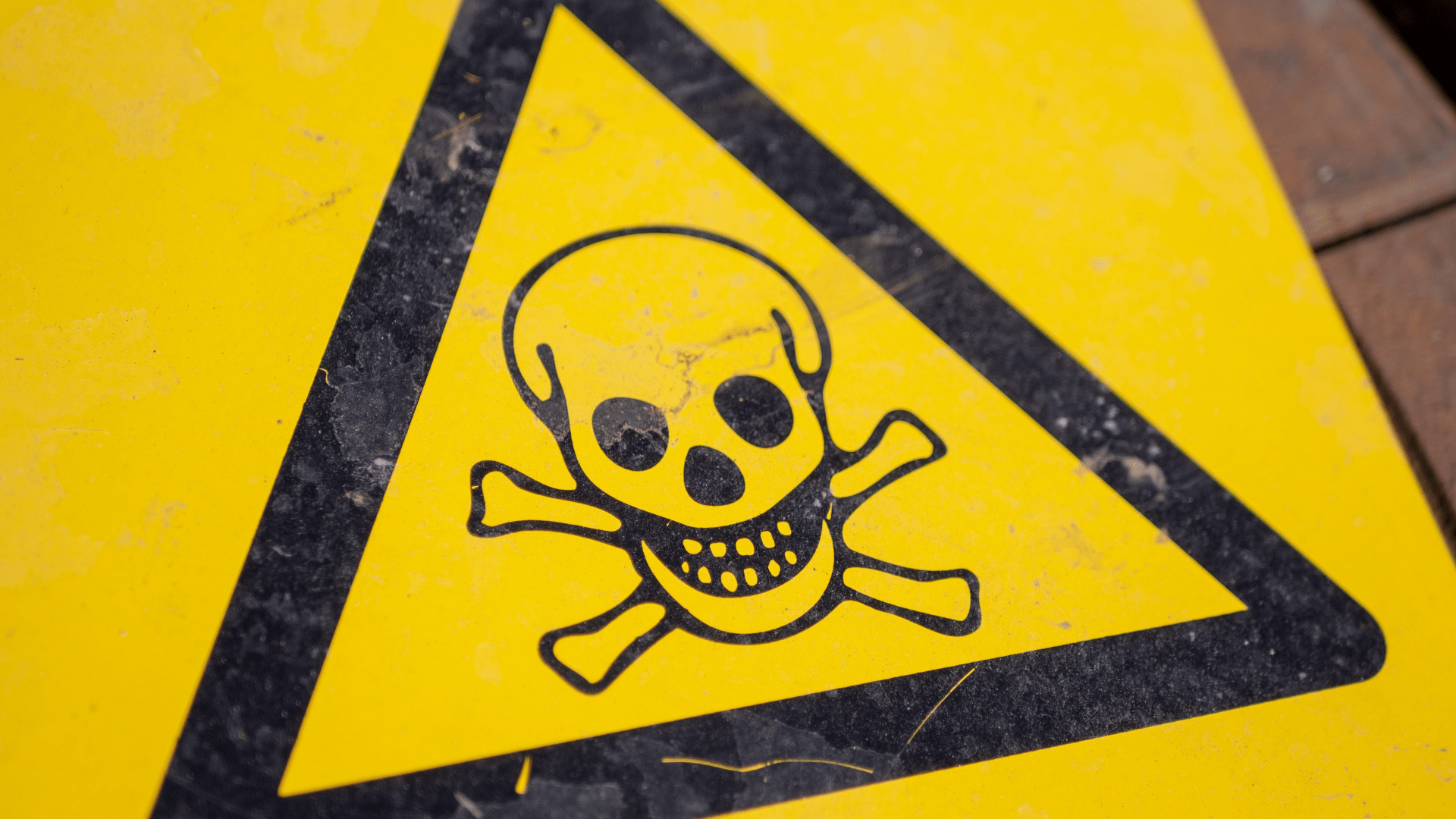
Based on caffeine content alone, people have rightly questioned whether or not this presumably fun and inventive lemonade pick-me-up is really worth the label “lemonade that kills.”
It does seem strange that there is so much hype over a beverage that does not actually contain that much caffeine compared to Starbucks, the most popular coffee chain in the world. However, consumers argue that a major problem lies in the fact that the lemonade is available for free refills at the soda fountain. Let’s take a look at what arguments were made in the lawsuits Panera now faces.
What the Lawsuits Argue

The law firm representing both Dennis Brown and Sarah Katz’s families is Kline & Specter. The lawyers have made the claim that the 30-ounce charged lemonade contains more caffeine than any dark roast coffee Panera sells. It also contains almost 30 teaspoons of sugar.
The law firm has made the argument that because of this, the lemonade is a defective product that shouldn’t be sold to the public under any circumstances. They also say that Panera was negligent and reckless in their advertising by playing down the caffeine content. A final point of contention is that most consumers don’t think of lemonade as caffeinated, so Panera should’ve provided extremely blatant cautionary language in-store, online, and in advertisements.
What Happened to Sarah Katz?

Sarah Katz was a student at the University of Pennsylvania who was heavily involved in the school’s community. She was also a research assistant at the Children’s Hospital of Philadelphia. On September 10, 2022, she died of cardiac arrest.
Katz had enrolled in Panera’s “Unlimited Sip Club,” which allows members unlimited drinks, at the beginning of that September. On the day she passed, she had consumed a 30-ounce charged lemonade. Hours afterward she went into cardiac arrest and passed away.
Sarah Katz Had a Preexisting Condition

Sarah Katz suffered from a condition known as “Long QT type 1 syndrome,” which causes issues in the heart’s electrical activity. Stress, certain types of exercise, and stimulants can lead to arrhythmias in people who have this syndrome.
Katz vigorously avoided caffeine and other activities and chemicals that might trigger an arrhythmia but apparently drank the charged lemonade without realizing that it was a caffeinated beverage. The autopsy attributed the cause of death to her condition.
What Happened to Dennis Brown?

Dennis Brown was an employee of a supermarket who would frequent Panera Bread after finishing his shifts. On October 9, 2023, Brown died of cardiac arrest.
Brown was going about his business as usual, enjoying one of his favorite Panera meals after finishing up a shift at the supermarket. On the day he passed, he had consumed three charged lemonades. He died of a heart attack hours later.
Dennis Brown Had a Preexisting Condition
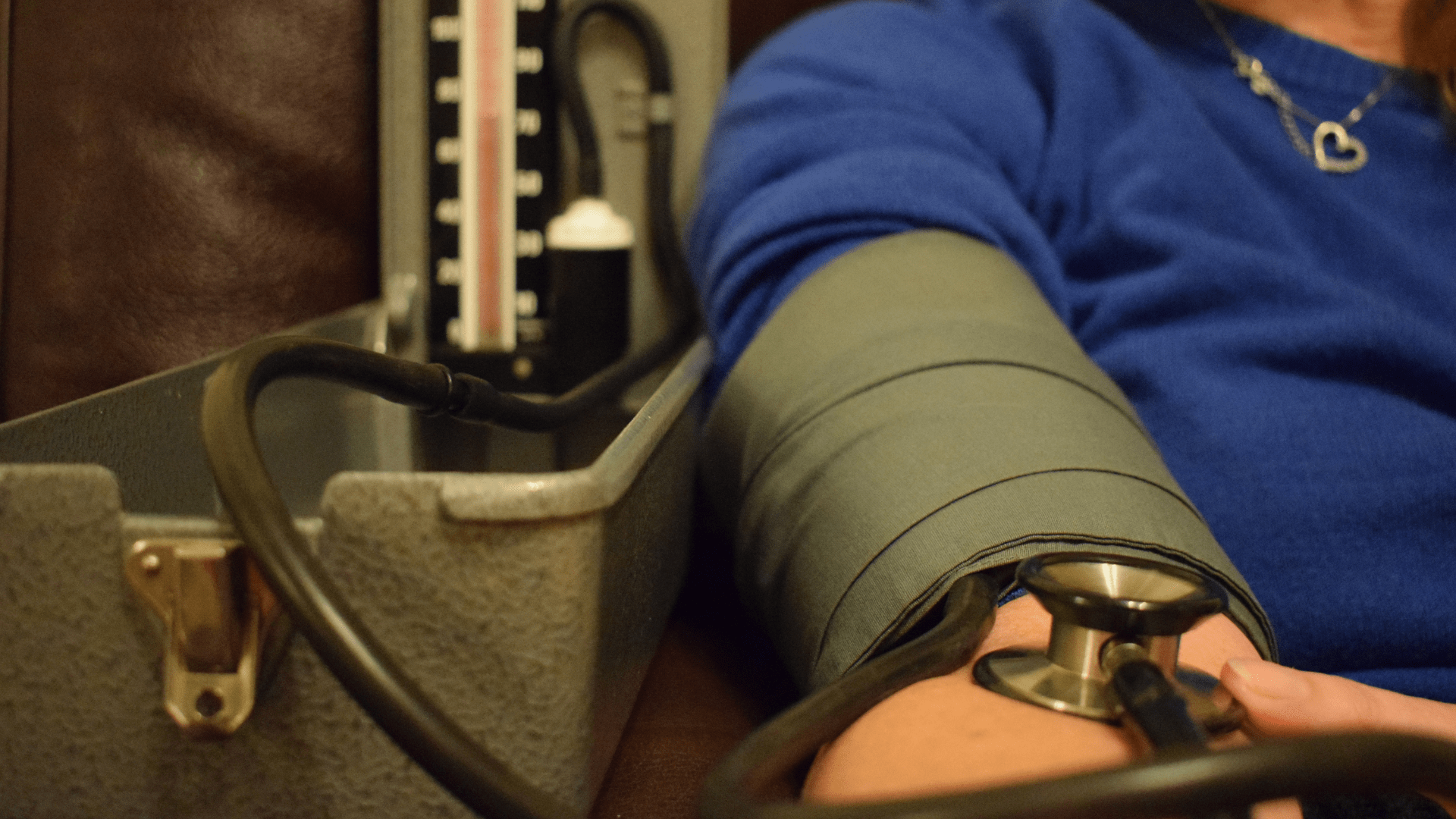
Though he had an intellectual disability and a developmental delay, Dennis Brown was living independently. He also had high blood pressure, a condition he paid attention to and which made him avoid caffeine.
Like Katz, Brown also consumed the charged lemonades without realizing that they highly caffeinated beverages. While walking home after his meal, Brown suffered cardiac arrest and was found responsive on the sidewalk. The autopsy attributed the cause of death to hypertensive disease, which refers to changes in the structure and function of the heart due to chronic high blood pressure.
What Panera Says About the Deaths of Katz and Brown

Panera has extended sympathies to both the Katz and Brown families. However, they do not believe that they are at all at fault.
The company has concluded that “based on our investigation, they believe [Brown’s] unfortunate passing was not caused by one of the company’s products.”
Will the Lawsuits Hold Up?
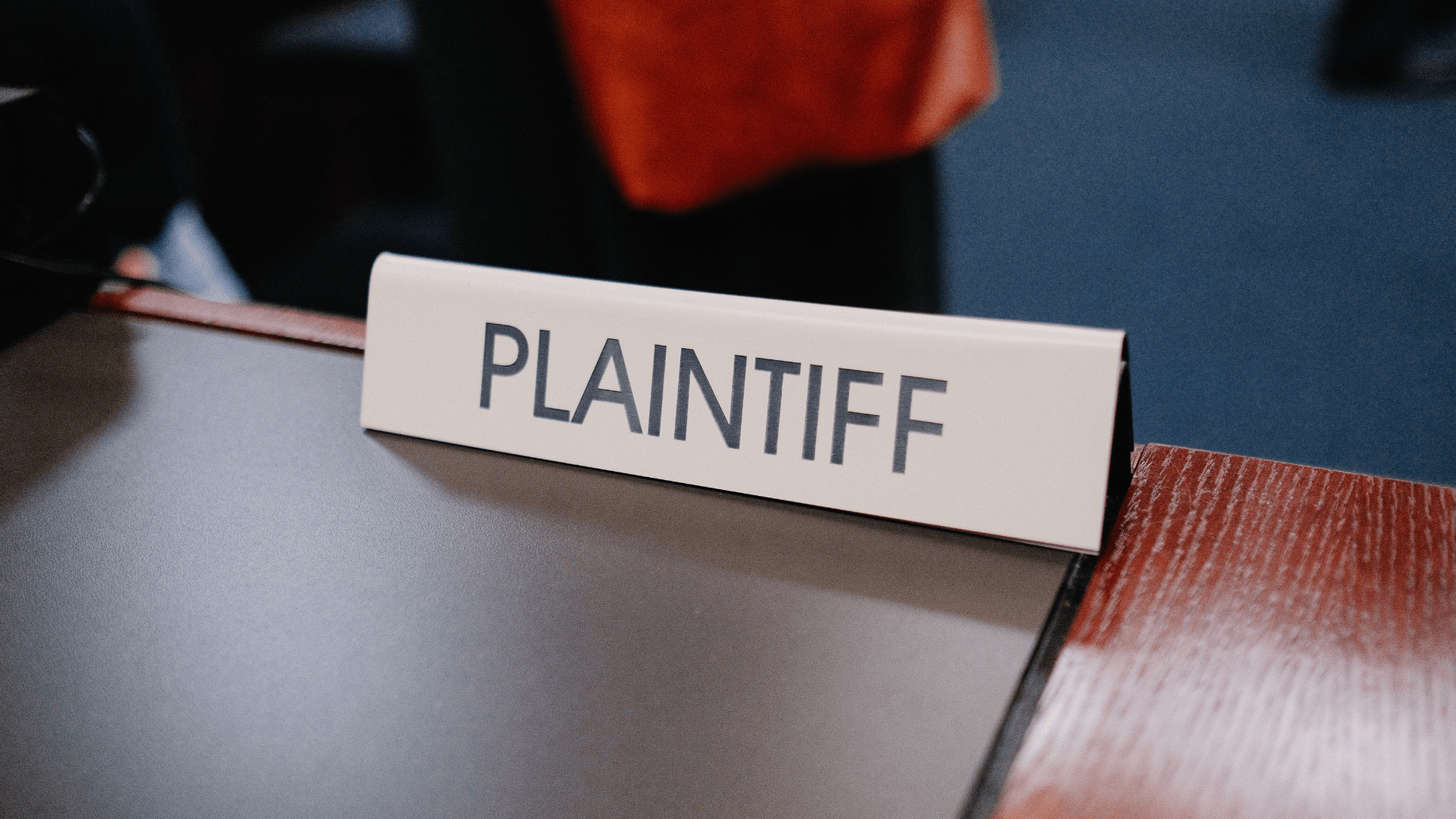
It’s hard to say. The law firm representing the families believes that both Katz and Brown died because they drank charged lemonade, though both individuals had medical conditions that made them very different from average consumers.
They’ll need to prove this, and also prove that Panera should’ve never sold the beverages without unmistakable warning labels. Doing so might prove to be a very difficult task, and lawsuits like these do sometimes blow over when subjected to judicial scrutiny.
The Future of Charged Lemonade
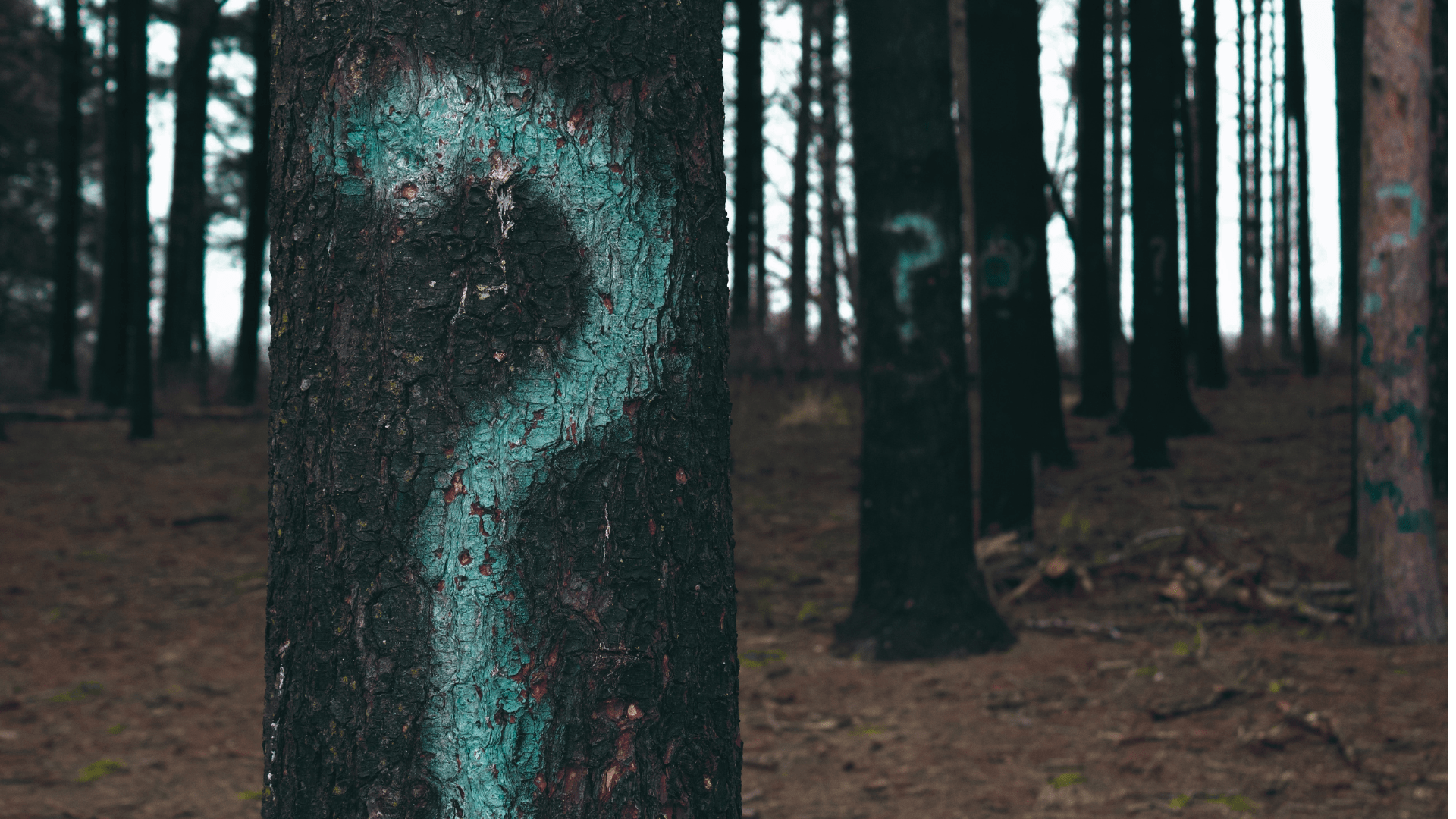
What does the future hold for Panera’s highly caffeinated lemonade? As of now, a few things seem clear.
Panera is going to continue sales of the lemonade, as the company does not believe the product poses any real threat to consumers. However, they have taken additional steps to ensure that patrons are highly aware of the nature of the beverages. They’ve decided to add bold labels stating that charged lemonade “Contains Caffeine.” The drinks also now have a “use in moderation” label and offer a warning that “children, people sensitive to caffeine, pregnant or nursing women” should likely not indulge. The same warnings have likewise been included on the Panera website and app. Unless the current lawsuits (or potential future lawsuits) hold up in court, this will probably be the extent of the company’s amendments to the energy lemonades.
